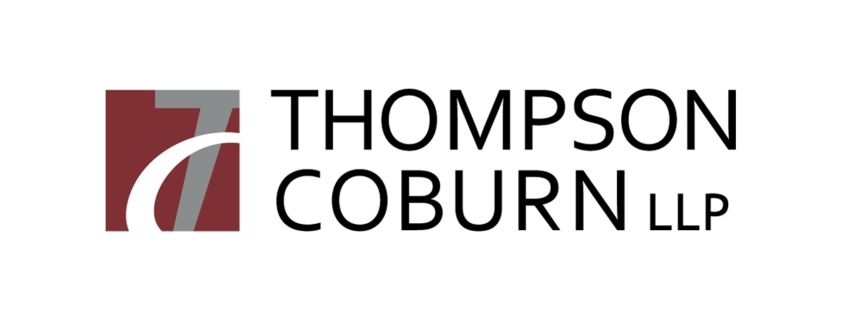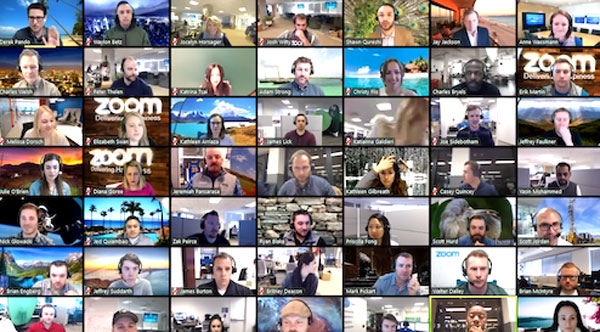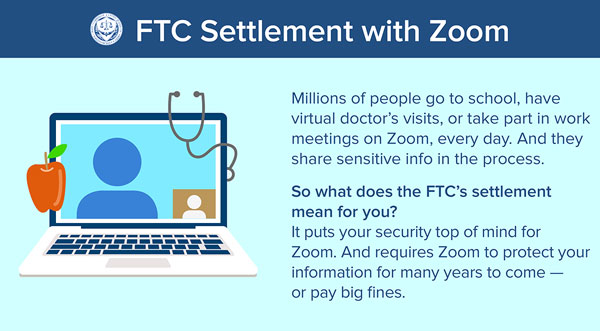Federal Trade Commission publishes final updated Safeguards Rule | Thompson Coburn LLP
On October 27, 2021, the Federal Trade Commission (“FTC”) announced significant updates to the Safeguards Rule. The FTC asked for comments on the Rule in 2019, and held a public workshop on the Rule in 2020. The Final Rule was published in the Federal Register on December 9, 2021. The Rule is effective on January 10, 2022, however, most of the substantive provisions of the Rule take effect a year from the publication date.
Per the final rule summary, the amended Rule contains five primary changes:
- “First, it adds provisions designed to provide covered financial institutions with more guidance on how to develop and implement specific aspects of an overall information security program, such as access controls, authentication, and encryption.
- Second, it adds provisions designed to improve the accountability of financial institutions’ information security programs, such as by requiring periodic reports to boards of directors or governing bodies.
- Third, it exempts financial institutions that collect less customer information from certain requirements.
- Fourth, it expands the definition of ‘financial institution’ to include entities engaged in activities that the Federal Reserve Board determines to be incidental to financial activities. This change adds ‘finders’–companies that bring together buyers and sellers of a product or service– within the scope of the Rule.
- Finally, the Final Rule defines several terms and provides related examples in the Rule itself rather than incorporate them by reference from the Privacy of Consumer Financial Information Rule (‘Privacy Rule’).”
Substantively, the amended Rule generally follows the approach outlined in the 2019 proposal with certain amendments and clarifications.
The 2021 changes to the Safeguards Rule passed by a 3-2 vote by the FTC with the three “yes” votes coming from Democrats and 2 “no” votes from Republicans. Commissioners Noah Joshua Phillips and Christine S. Wilson dissented. Commissioner Rebecca Kelly and Chair Lina M. Khan also released a joint statement. The split vote on the final Rule, as well as on the 2019 proposed Rule, reflect a change from prior rulemakings in the security…




